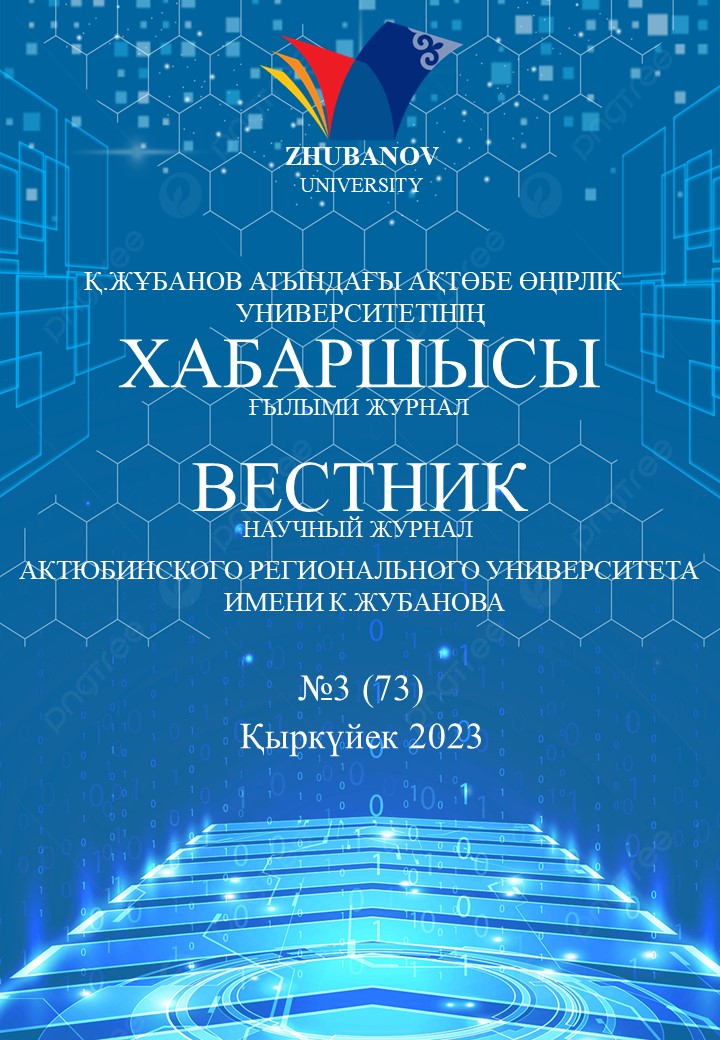The main idea of the article is to form a culture of communication among students acknowledging the psychological characteristics of representatives of other nationalities, to recognize and understand the meaning of our spiritual national values, to show the importance of a comprehensively developed spiritual culture in the education of an individual, reviewing the history and psychological characteristics of other nations. The concept of communication is a part of a whole that cannot be divided by education and culture. One of the main problems is the formation in the mind of the present student as an intellectual community of tomorrow. In this regard, consider the relationship as a cultural intelligence based on the knowledge, skills, and inner spirit of a person, and be able to contribute to the future, unity, and enthusiasm of the country. The communication culture based on the national spirit allows students to form their mental attitude, free thinking, spiritual and moral world, and to perform their actions effectively. The problem of improving the culture of inter-ethnic communication among students is of great importance for the development of our own culture, for educating the young generation who understand the meaning of our national values and spiritual heritage. The article highlights in detail the issues that have a comprehensive impact on the upbringing of generations based on the national characteristics of the Kazakh people, issues affecting the great educational future of personality formation.
PSYCHOLOGICAL PROBLEMS OF FORMING STUDENTS' CULTURE OF INTERNATIONAL RELATIONSHIPS
student, interethnic relations, psychology, communication culture, value, consciousness, civilization, culture, education
PSYCHOLOGICAL PROBLEMS OF FORMING STUDENTS’ CULTURE OF INTERNATIONAL RELATIONSHIPS. (2024). Scientific Journal "Bulletin of the K. Zhubanov Aktobe Regional University", 73(3). https://vestnik.arsu.kz/index.php/hab/article/view/88

